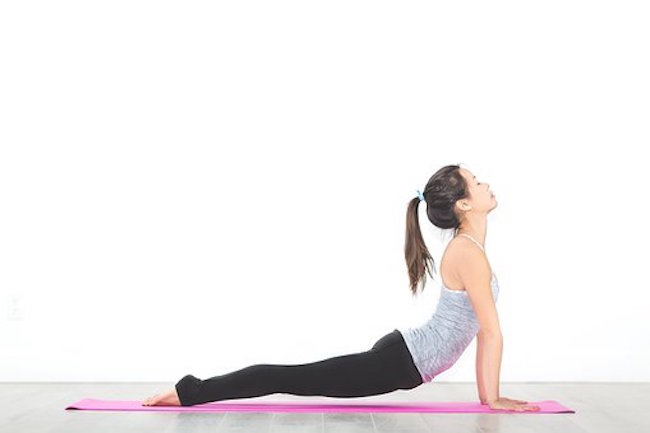How Often Should We Exercise To Get In Shape? By Matthew Wright, Teesside University and Jonathan Taylor, Teesside University via Natural Blaze
Elite athletes – like Jakob Ingebrigtsen, who won gold for the men’s 1500m race at the Tokyo 2020 Olympics – train almost ten to 14 times per week, clocking up numerous hours on the track and in the gym. But for the rest of us, getting into shape does not necessarily mean such an arduous regime.
How often you should train depends on a lot of different factors – such as your training goals, the intensity of your exercise and any history of injury you may have. The type of training you do can also determine how often you need to exercise.
Exercise stresses different systems in our body. This stress causes fatigue, but also leads to “adaptations” (improvements) specific to the stress we’ve experienced. For example, while resistance training (such as weight lifting) helps us build muscular strength, it’s less likely to improve our cardiovascular fitness because it puts more stress on our skeletal muscles than it does our heart.
But improvements only happen with a combination of recovery and repetition. If we don’t repeat the training stress, improvements will be lost. We also need to give our body enough time – but not too much time – between training sessions to recover and “adapt”. In short, the key to improving fitness is to train consistently, which means striking a balance between exercising and recovering enough.
To complicate matters, some body systems take longer to recover than others. For example, exercise that stresses the body’s nervous system – such as sprinting, high-intensity interval training, or very heavy resistance training – will take longer to recover from than a lower-intensity session – such as a gentle jog that primarily stresses the heart and lungs. This means that depending on what type of training you do, you may need to exercise more or less than you think.




